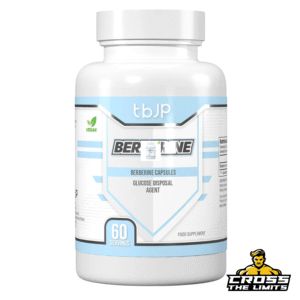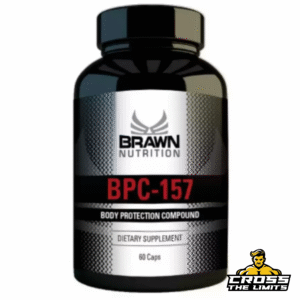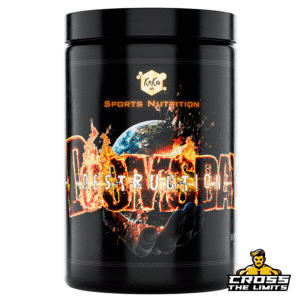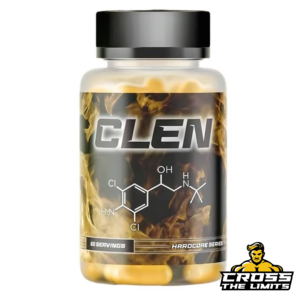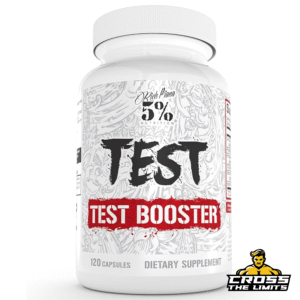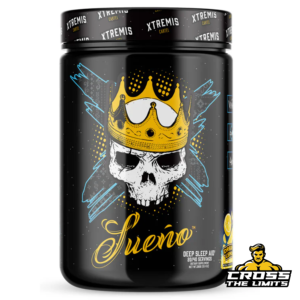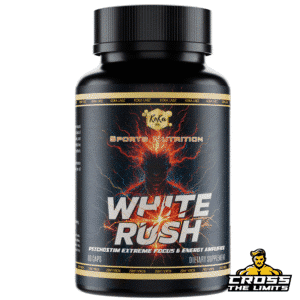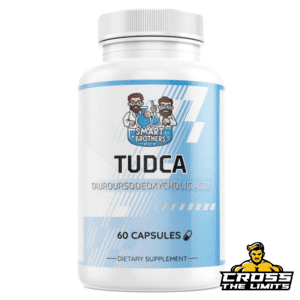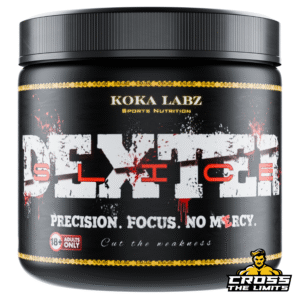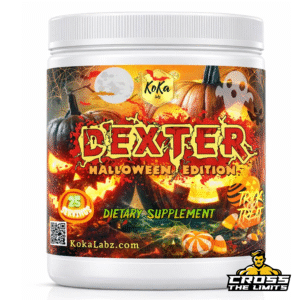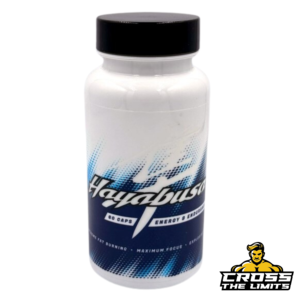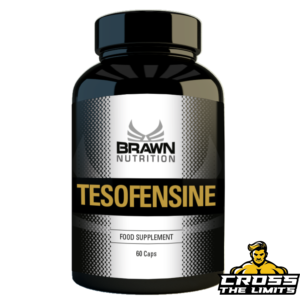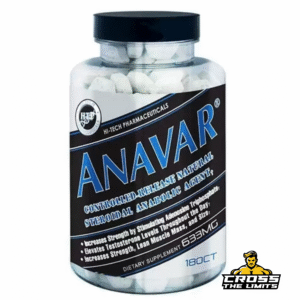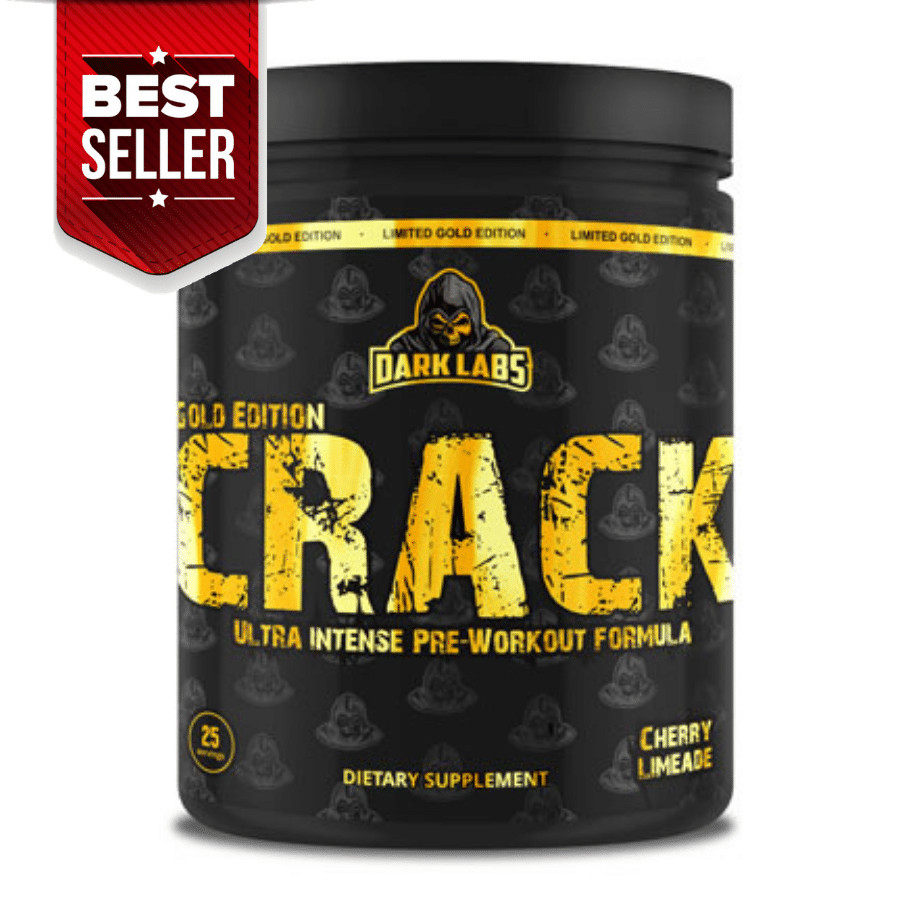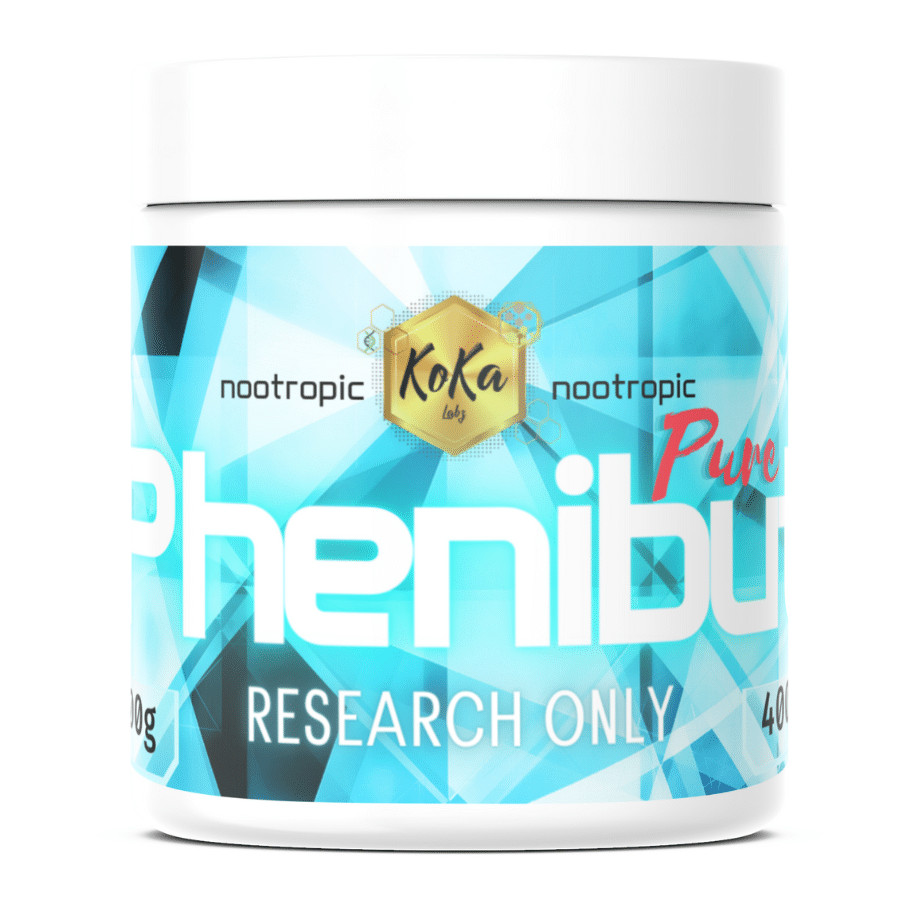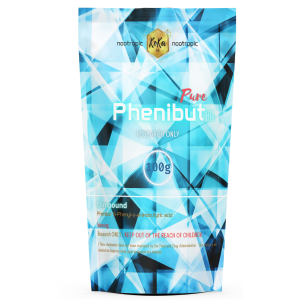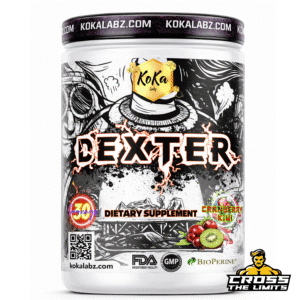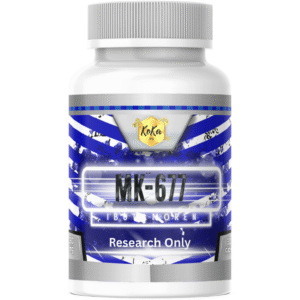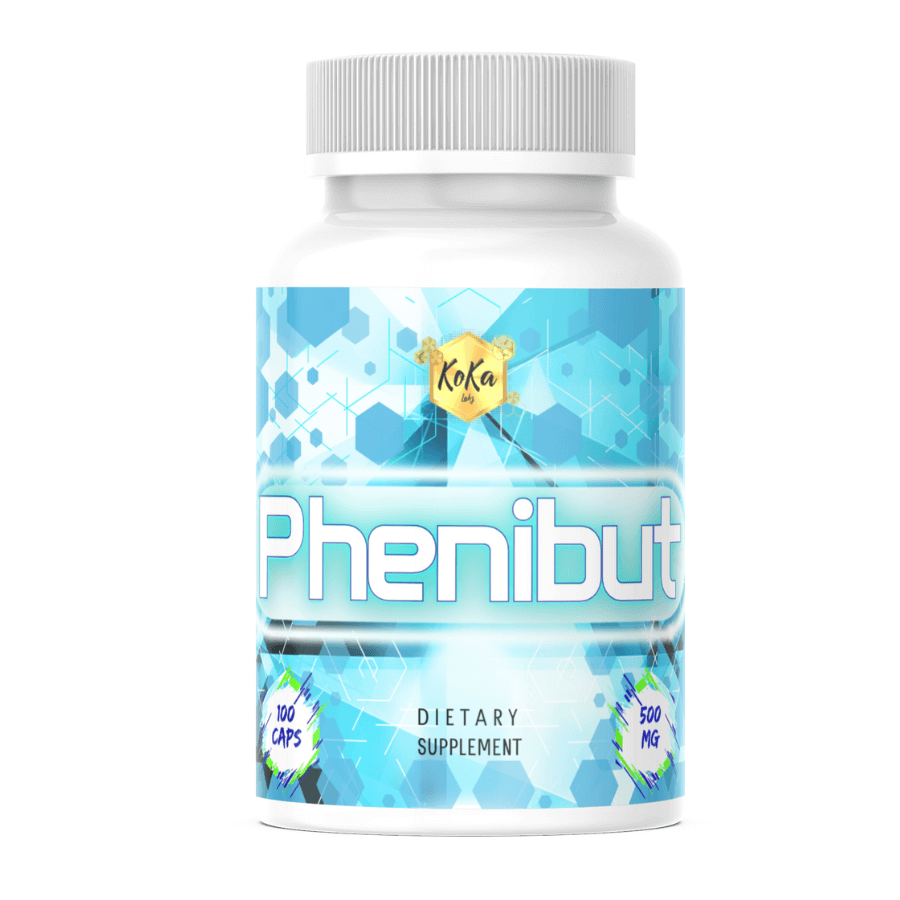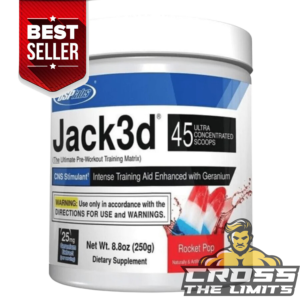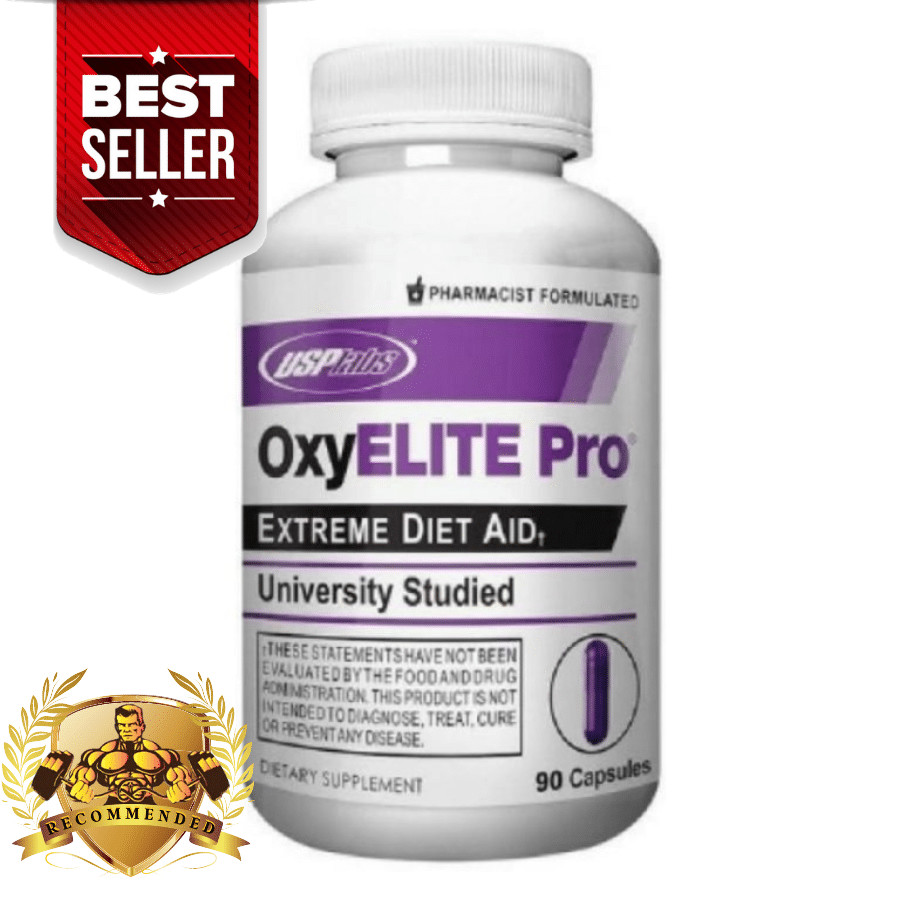Introduction
In the dynamic and ever-evolving world of sports and fitness, supplements have carved out a significant niche, promising enhanced performance, faster recovery, and better results. The variety is endless, from protein powders and BCAAs to creatine and omega-3s, and so is the discourse surrounding their efficacy and necessity. However, this burgeoning industry has its misconceptions, leading many to navigate through a sea of information, often conflicting and misleading. In an era where everyone is looking for an edge in their performance, it’s crucial to separate fact from fiction, science from anecdote, and genuinely understand what sports supplements can and cannot do. Are they a shortcut to achieving your fitness goals, or are they necessary for a well-rounded athletic routine?
-
Rated 5.00 out of 5AddRated 5.00 out of 5AddRated 5.00 out of 5AddRated 5.00 out of 5Out of stockRated 5.00 out of 5AddRated 5.00 out of 5Add
Dark Labs Crack Gold Edition Pre–workout (25 Servings)
£49.00 £56.16Rated 5.00 out of 5AddKoka Labz White Rush (60 Capsules)
£27.56 £37.96Rated 5.00 out of 5AddSmart Brothers TUDCA 60 caps
£40.56Rated 5.00 out of 5AddRated 5.00 out of 5AddRated 5.00 out of 5AddRated 5.00 out of 5AddDo they provide benefits that can’t be derived from a balanced diet? These questions circulate in gyms, on social media, and anywhere sports performance is discussed. This article aims to tackle these questions head-on, debunking the most common myths about sports supplements and providing clarity and evidence-based information to help athletes and fitness enthusiasts make informed decisions about their supplementation needs.
Myth: Sports Supplements are Essential for Achieving High Performance
Fact: While sports supplements can help achieve specific training goals, they are optional for high performance. A balanced diet, proper training, and recovery are critical to sports success.
Myth: More Means Better
Fact: Taking supplements above the recommended doses does not provide additional benefits and can even harm your health. Always follow the manufacturer’s recommendations and consult a doctor or dietitian before supplementation.
Myth: Supplements Can Replace Diet
Fact: Supplements are designed to complement, not replace, your diet. Nutrient-dense meals rich in protein, carbohydrates, fats, vitamins, and minerals are crucial in nutrition.
Myth: All Supplements are the Same
Fact: Different supplements contain different ingredients and serve other purposes. It’s essential to read labels carefully and choose products from reputable manufacturers.
Myth: Supplements are Only for Professionals
Fact: Supplements can benefit professionals and amateurs, provided they are used sensibly and according to recommendations.
Myth: Supplements are a Quick Way to Muscle Mass
Fact: Building muscle mass requires time, patience, and consistency in training and diet. Supplements can support this process but are not a magic solution by themselves.
Myth: Supplements are Side-Effect Free
Fact: All supplements, even the highest quality ones, can have potential side effects, mainly when misused. It is essential to be aware of possible risks and consult a doctor before using them.
Myth: Supplements Can Replace Water During Training
Fact: Hydration is a critical element of physical performance, and supplements cannot replace the need for drinking water during intense exercise.
Myth: Supplements are Only for Men
Fact: Supplements can benefit both genders, and many products are specifically formulated to meet women’s needs.
Myth: You Can Rely Solely on Supplements
Fact: Supplements should be treated as an addition to a balanced diet and regular exercise, not as a substitute. The key to success lies in a holistic approach to health and fitness.
Conclusion
Navigating the complex world of sports supplements requires a discerning eye and a foundational understanding of nutrition and exercise science. By debunking the most prevalent myths, we have shed light on these products’ real value and limitations, emphasizing that they are tools, not magic potions.
The journey toward peak athletic performance and optimal health is multifaceted and cannot be solely reliant on supplementation. It demands a holistic approach, integrating a balanced and nutrient-rich diet, consistent and well-structured training programs, adequate sleep, and proper hydration. Supplements can be supportive, potentially filling nutritional gaps and providing specific nutrients in convenient and concentrated forms. However, they should be used judiciously, with an understanding of their purpose, benefits, and potential risks.
Amateur and professional athletes must seek guidance from healthcare professionals, nutritionists, or dietitians before incorporating supplements into their regimen. This ensures a personalized approach, considering individual health status, nutritional needs, and fitness goals.
In the end, the pursuit of athletic excellence and improved physical well-being is a lifelong commitment. It requires dedication, patience, and a willingness to learn and adapt. By dispelling myths and misconceptions about sports supplements, we empower individuals to make educated choices, fostering a healthier relationship with these products and promoting overall well-being.
Remember, supplements are just one piece of the puzzle. Embrace the journey, trust the process, and prioritize your health in every decision.
About the author
Cross The Limits
Cross The Limits is a passionate advocate for health, fitness, and well-being. Since 2018, we have been providing top-quality dietary supplements and vitamins across the UK. Based in Suffolk, our team is committed to helping you achieve your fitness goals with trusted products, expert advice, and unwavering support. Through our blog, we share valuable tips, insights, and the latest trends to inspire and guide you on your health and fitness journey.
Check other posts

What pre-workout supplements can you take every…
February 17th, 2026
Read more
Where to buy the strongest fat burner…
February 10th, 2026
Read more
How to choose the best muscle-building supplements.…
January 30th, 2026
Read moreRelated products
-
Add
KK labz B-aba-Pheni 200g
£88.86AddKK Labz B-aba-Pheni 100g
£46.22Rated 5.00 out of 5Add

